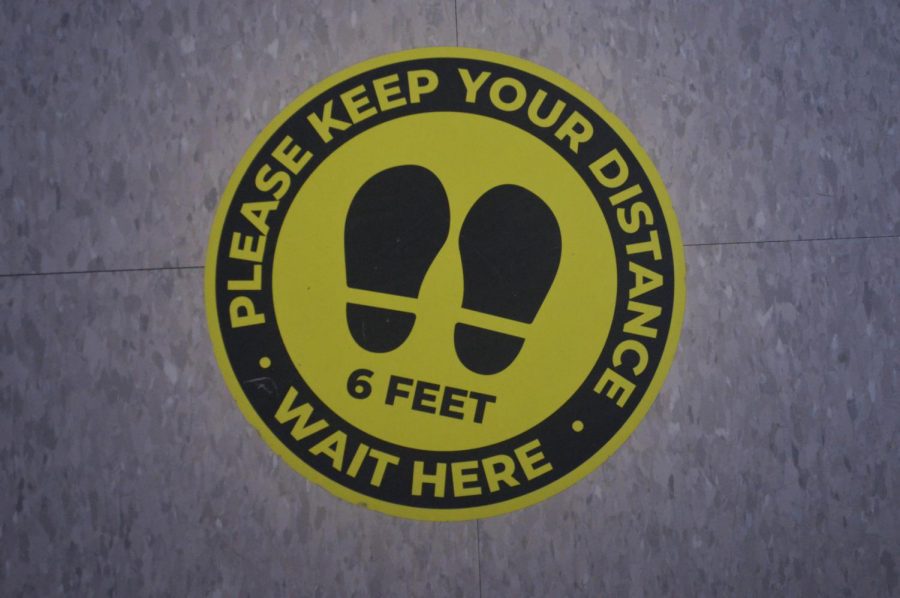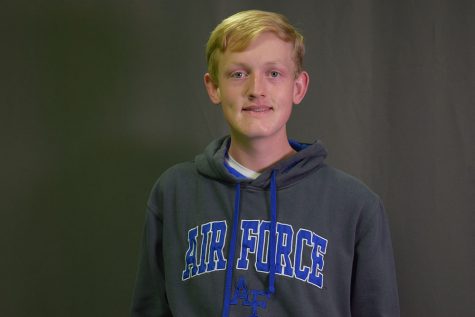Delta daze: NHS staff and students share their insight on the new COVID variant
September 14, 2021
The year started out normal — masks were off and for the first time in what felt like an eternity, students could see the faces of those around them. It finally seemed as if the world was leaving this cursed virus behind. That was until the Delta variant, a new variant of COVID-19, seemed to throw everything for a loop. What happened, how did things come to this, and more importantly, what will happen?
The uncomfortable feeling of your own breath radiating across your face is all too familiar at this point. This is a feeling that many students and staff have said they are feeling everyday now that the mask mandate has been reestablished at NHS. There are so many questions surrounding how the Delta variant will impact your day at NHS and the truth has been uncovered.
NHS nurse, Apryl Wallace, notices the difference between the original strand of COVID-19 and the new Delta variant.
“The Delta variant is twice as contagious as the original strand,” Wallace said, “unvaccinated individuals have the greatest risk of transmission, and are much more likely to get infected.”
To prevent the spread of the Delta variant, Wallace advises students and faculty to follow strict guidelines.
“Do not share food or drinks, wash your hands, social distance, wear your mask, [and] if you don’t feel well or are symptomatic, stay home,” Wallace said.
For many, there was hope that this year would offer a return to normalcy — including the principal of NHS, Dr. Craig McCaffrey.
“I was hoping we would be [back to] normal by now,” McCaffrey said, “I miss being able to see students’ faces, but I’d rather see half a face while you’re here at school than see a whole face on Zoom.”
These feelings are all too common for both faculty and students; sophomore Sean Halvorsen also feels that something is amiss this year.
“I haven’t experienced a normal year of high school to compare my high school experience with, but I still feel like something is missing that doesn’t make this year normal,” Halvorsen said.
Despite his worries, Halvorsen believes that there is hope.
“We’ve already seen East Middle School get shut down due to so many cases,” Halvorsen said, “[but] with booster shots potentially coming out soon, there is a chance we’ll go back to normal relatively soon.”
Wallace believes that NHS’s response has been appropriate and she compliments the efforts of the staff and students alike.
“I truly feel like we are all doing the best we can with what we’ve been dealt. We really are stronger and better together,” Wallace said.
Junior Lauren Charpie thinks that COVID has definitely changed their school experience, but still, they understand the precautions they take are necessary.
“COVID has definitely altered my school experience,” Charpie said, “but if wearing a mask is going to protect others and myself, I will gladly wear it.”
Although Charpie initially hoped for school to return to how it was pre-COVID sometime soon, they believe that it may take longer than expected.
“I was hoping for [school to be back to normal by] this winter, but with how COVID cases are increasing … I think it may be later than what everyone originally hoped for,” Charpie said.
If worse comes to worst and the hybrid schedule creeps back into the current school year once again, McCaffrey states that efforts are being made to assure that a transition will be smooth.
“We are preparing [to go back to the hybrid schedule and] we are going to teach our new teachers how we [taught] last year just in case,” McCaffrey said.
Despite this, McCaffrey truly believes that NHS will persevere — no matter if we have to go back to the hybrid schedule or not.
“Lean on each other [and] lean on us if you need help,” McCaffrey said.





